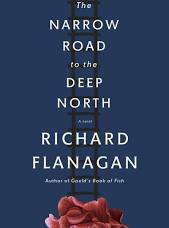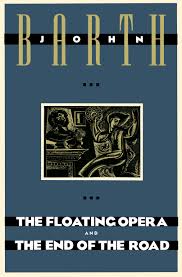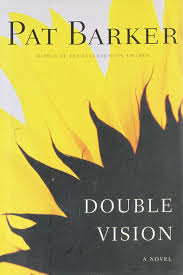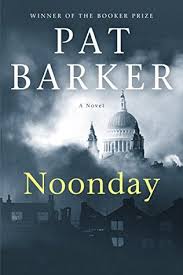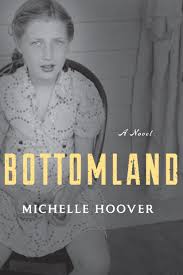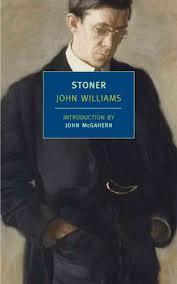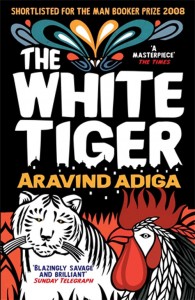A Dark Road, Indeed
Ma Jian’s 2014 novel, The Dark Road, is a haunting literary indictment of China’s one-child policy as described through the lives of one family. A painter turned award-winning writer, Jian is a creative and vocal critic of the Chinese state. He has such a compelling voice, in fact, that cannot live in the country safely. The the Chinese government has confiscated and destroyed his works. Now in London, Jian and his partner have a family of four children.
China’s one-child policy was enacted in the late 1970s after decades of a two-child rule. Designed to rein in population growth, the policy was about more than family planning. Formally it permitted families one child and should they have a second pregnancy, mandatory contraception, fines, forced abortions and sterilization. In practice, those with money and political connections were often able to by-pass the strictures. For those with less agency, like the family in The Dark Road, the lived experience was horrific and more encompassing.
Jian’s research for the novel took him to the countryside, where he posed as a reporter and asked everyday people how they coped with the government, the changing economy, and the impact of the one-child rule. The consequences were devastating. They collectively fold themselves into an omnipresent state that grinds the hope and humanity out of its citizens. Beyond the horrors of forced contraception, abortions, sterilizations and the systemic eradication of people’s interior life, the book offers a window on the caustic transactional society costs. If you cannot own your own body, what rights and hope are possible? Jiang gets this, and is able to describe it with a sense of immediacy – often with the dark humor that gives people the strength to shoulder on in the face of impossible conditions.
The hero of the novel is Meilin, a young and intelligent peasant woman without an education who marries Kongzi, a school teacher. They have a daughter, Nannan. Kongzi wants a male heir, though, and the resulting pregnancy leads the family to seek an alternative life on the Yangtze River. Jobs and family lost, the family struggles, with misfortune, some joys, and everyday life proving ever more difficult.
At the heart of the book is Meilin’s sense of agency, and her ownership – and lack, thereof – of her body and womb. She suffers mightily through the book. It reminded me of Zola, in naturalistic style, spelling out the contrast between what lives inside a person and what society allows. It is a terrible thing to contemplate, yet Jian’s storytelling skills carry us along to what we know will cannot be resolved positively.
David Potash

